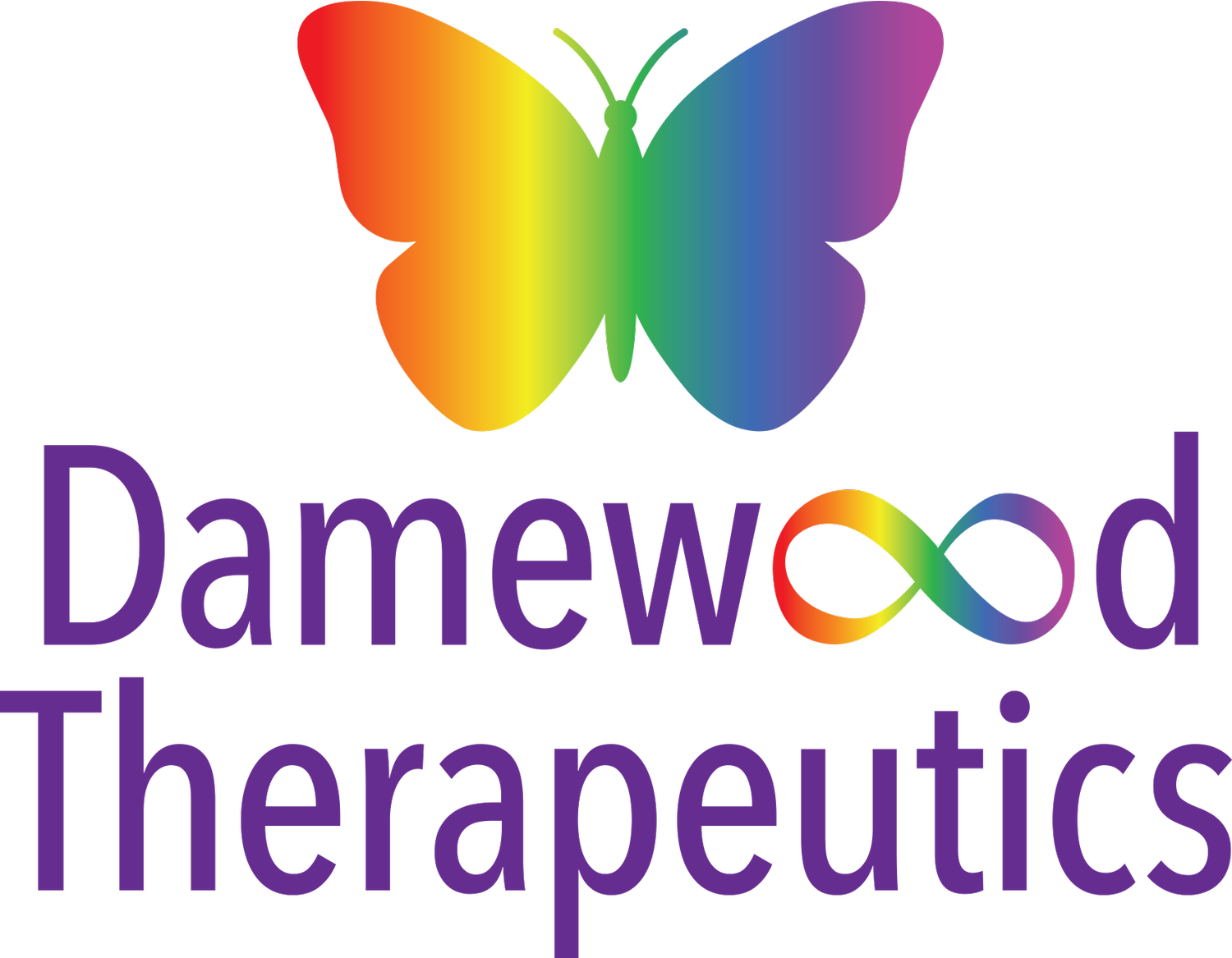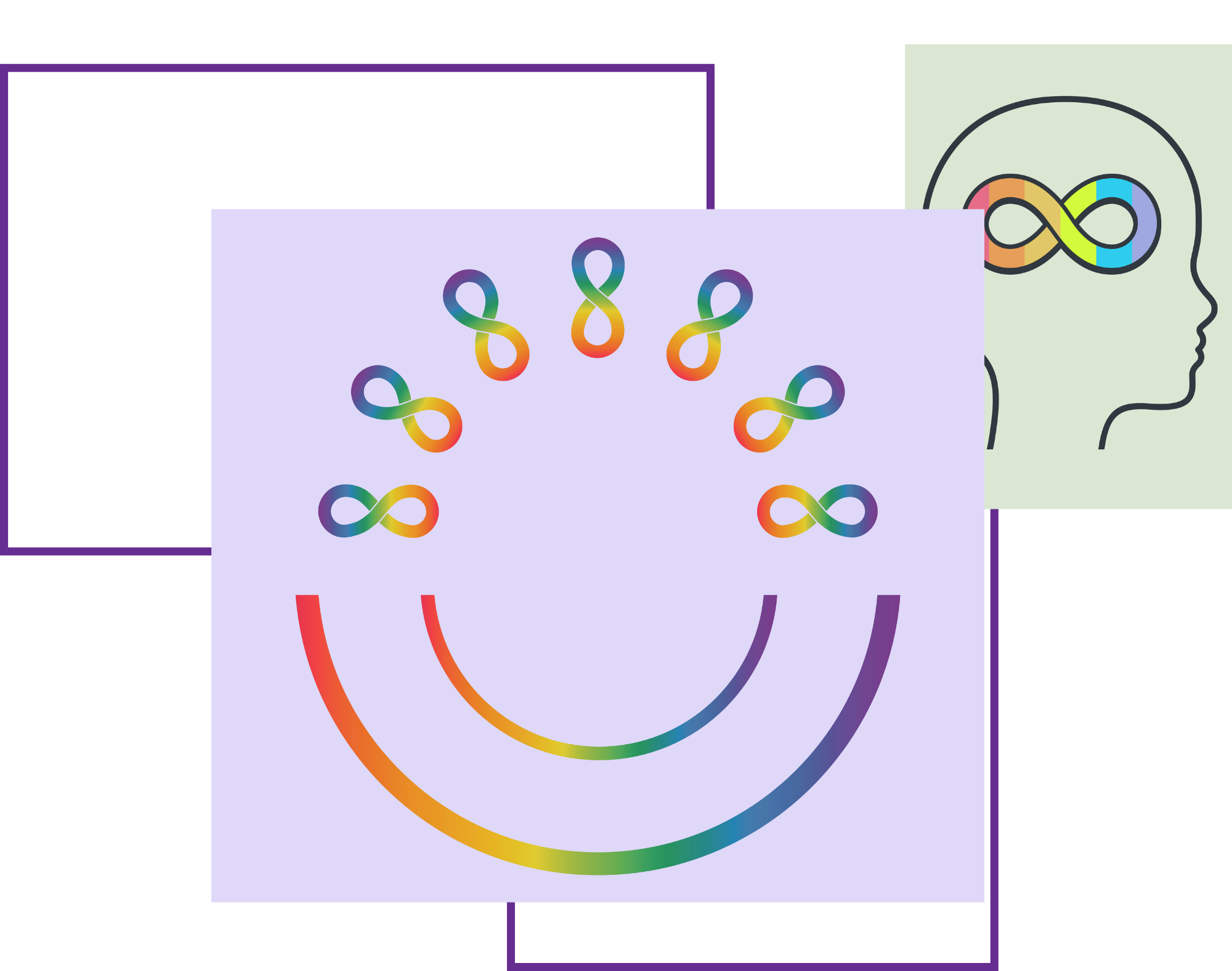
About Neurodiversity
WHAT Is nEURODIVERSITY?
Neurodiversity refers to the concept and recognition that neurological differences, including conditions such as autism, ADHD, dyslexia, and others, are natural variations of the human brain. It emphasizes that these differences are not inherently "disorders" but rather represent a diverse range of cognitive and neurological traits that contribute to the richness of human experiences and perspectives.
What is neurodivergence?
Neurodivergence refers to the inherent and valuable spectrum of neurological variations present in human beings. It recognizes conditions like autism, ADHD, dyslexia, and more as authentic expressions of diverse cognitive and sensory experiences, rejecting the notion of a single "neurotypical" standard. This viewpoint emphasizes the importance of embracing and respecting these differences, promoting inclusion, equal rights, and providing appropriate support to allow neurodivergent individuals to thrive and contribute uniquely to society.

NEURODIVERSITY-AFFIRMING PARADIGM AND APPROACH
The neurodiversity paradigm/approach is a perspective that celebrates and embraces the natural variation in neurological functioning among individuals. It challenges the traditional view of neurological differences, such as autism, ADHD, dyslexia, and other conditions, as inherently "disordered" or "deficient." Instead, the neurodiversity approach recognizes these variations as part of the spectrum of human diversity, akin to differences in ethnicity, gender, or sexual orientation.
Proponents of the neurodiversity paradigm advocate for acceptance, inclusion, and accommodation of individuals with neurodivergent traits. They emphasize that these traits can bring unique strengths, talents, and perspectives to society. The goal is to create an environment that respects and values these differences, ensuring that individuals with neurodivergent traits have equal opportunities and access to education, employment, and social engagement.
The neurodiversity approach has gained prominence as a social and cultural movement, advocating for a shift away from a medicalized model of "fixing" or "curing" neurodivergent individuals. Instead, it focuses on supporting individuals to thrive in a world that appreciates and benefits from their diverse ways of thinking and experiencing the world.






